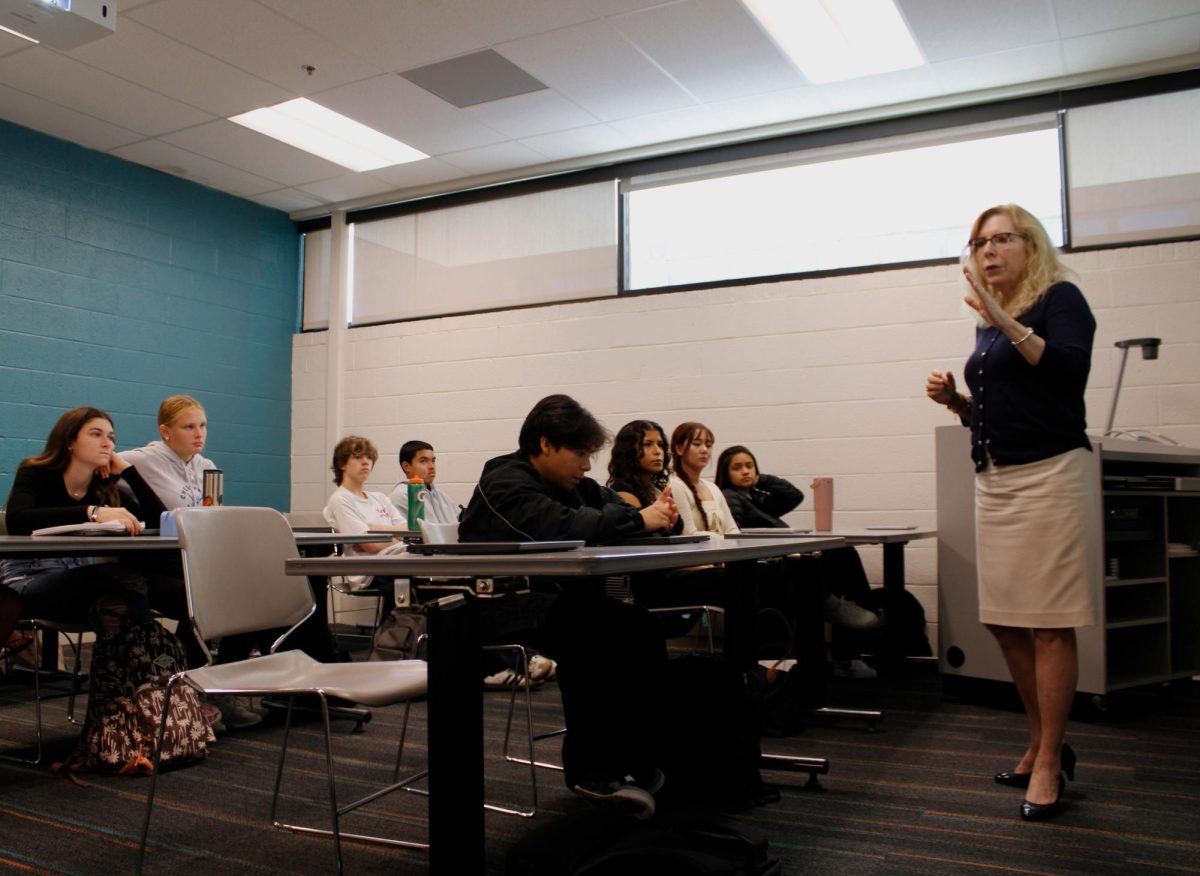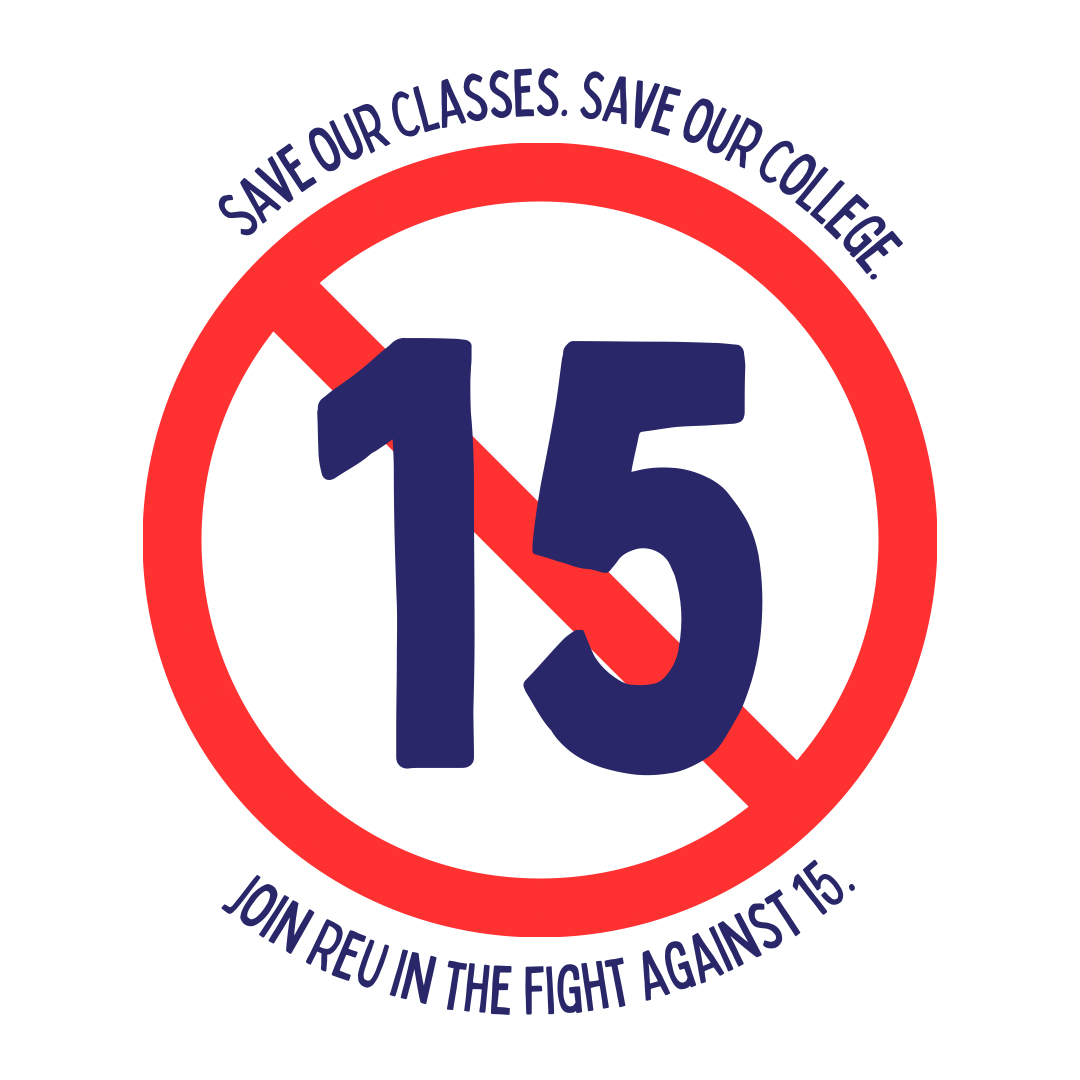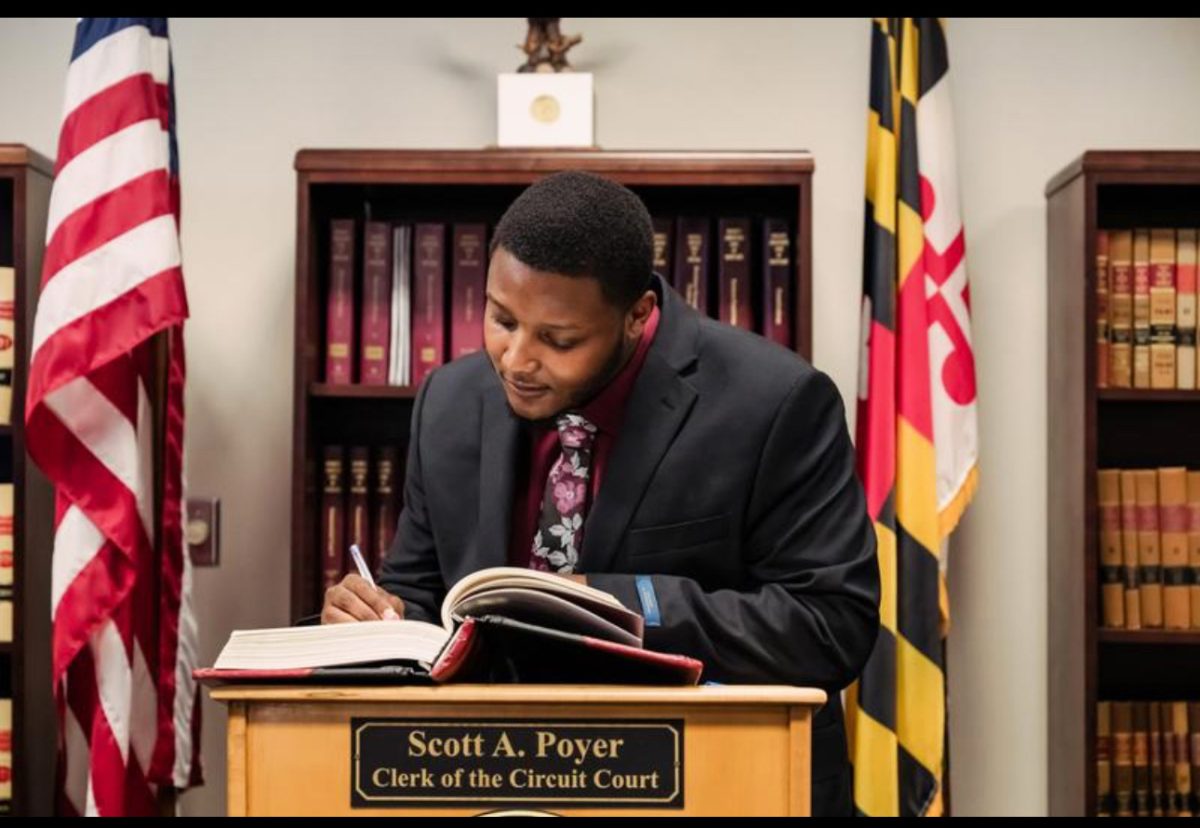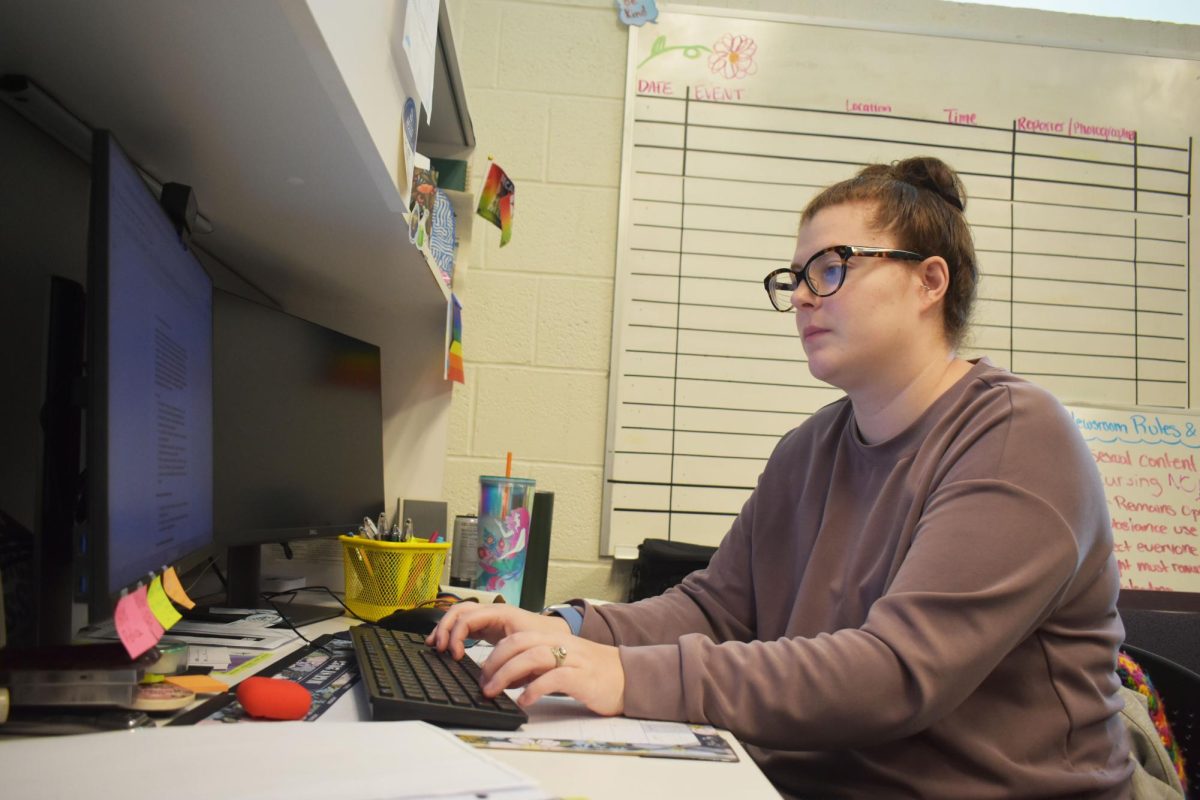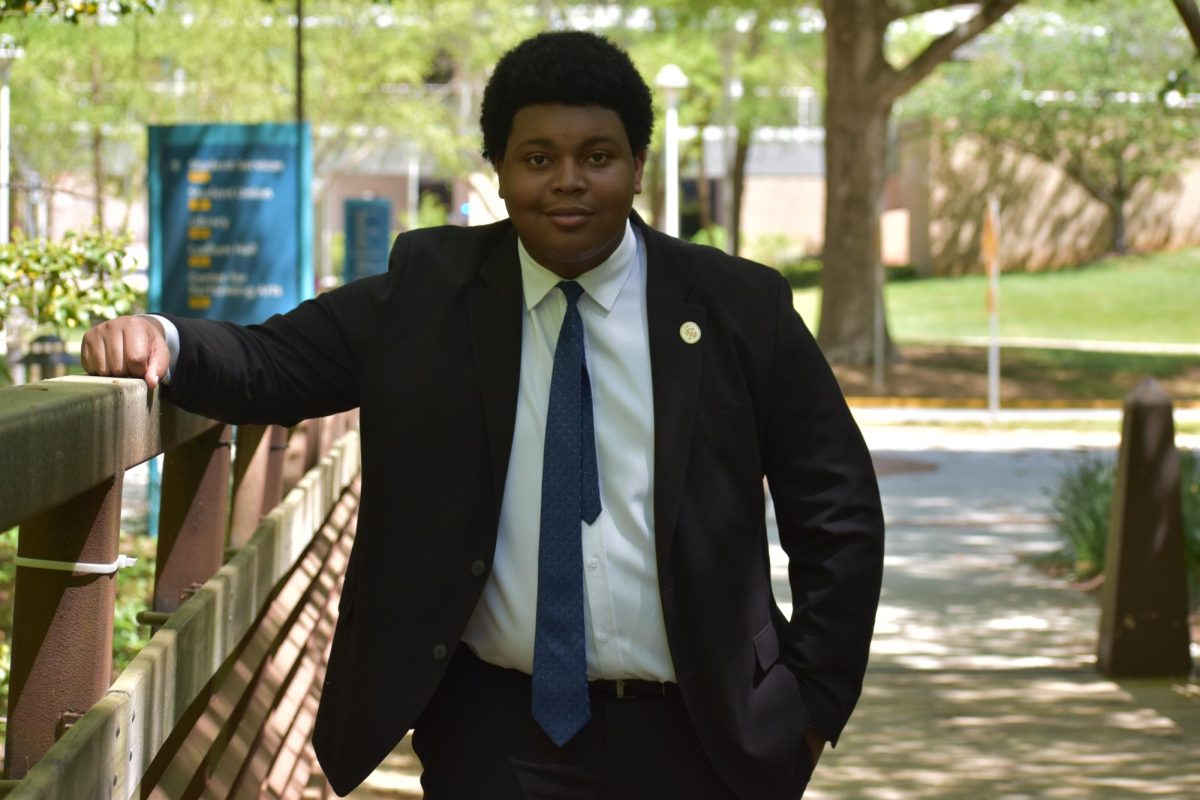Most college-age students tend to be independent voters, unaffiliated with any political party, according to a political science professor.
Dan Nataf, the director of the Center for the Study of Local Issues, said young people’s voting habits are primarily shaped by the way they were raised.
“Many people are affected by socialization factors when they’re young,” Nataf said. “And these are often driven by their family’s political orientation. … It’s probably going to lay some kind of foundation of values and beliefs, which they’re going to carry through into early adulthood. And so, that then becomes the basic imprint.”
Nataf surveys hundreds of Anne Arundel County residents, including AACC students, every semester about their political perspectives and their priorities.
Another factor that affects the way students vote, Nataf added, is identity.
“If they’re LGBTQ, that’s such a powerful identity that it can put them in touch with politics at an earlier time,” Nataf said. “They’re trying to figure out … ‘Where am I going to be accepted most easily in terms of this identity?’”
Additionally, Nataf said schooling makes a big difference in voting habits.
“If you go to a public university or college, like AACC … there’s more openness and possibility for self discovery,” Nataf said.
Nataf added, if “you go to Liberty University, which is like an evangelical kind of environment, [then] your early socialization is going to keep being reinforced if you’re an … evangelical religious person.”
Nataf said state-level elections, like Maryland’s primary election on May 14, tend to be significantly less partisan than national-level elections.
“Basically, the higher you go up and the level of government, the more partisan things become,” Nataf said
Associate Editor Izzy Chase contributed to this article.




